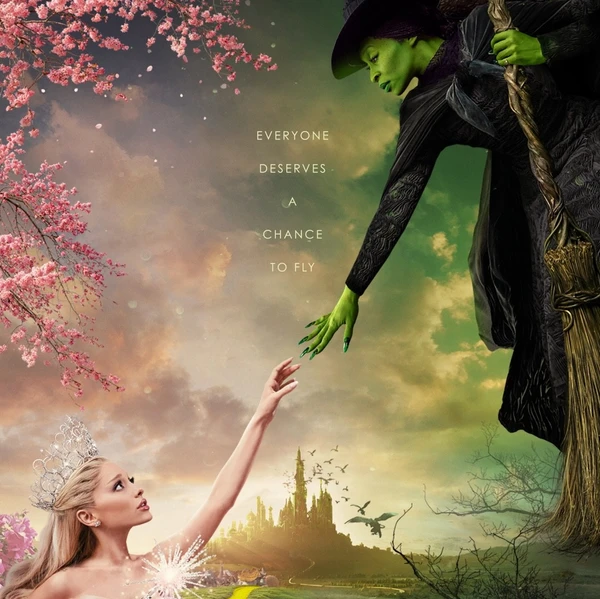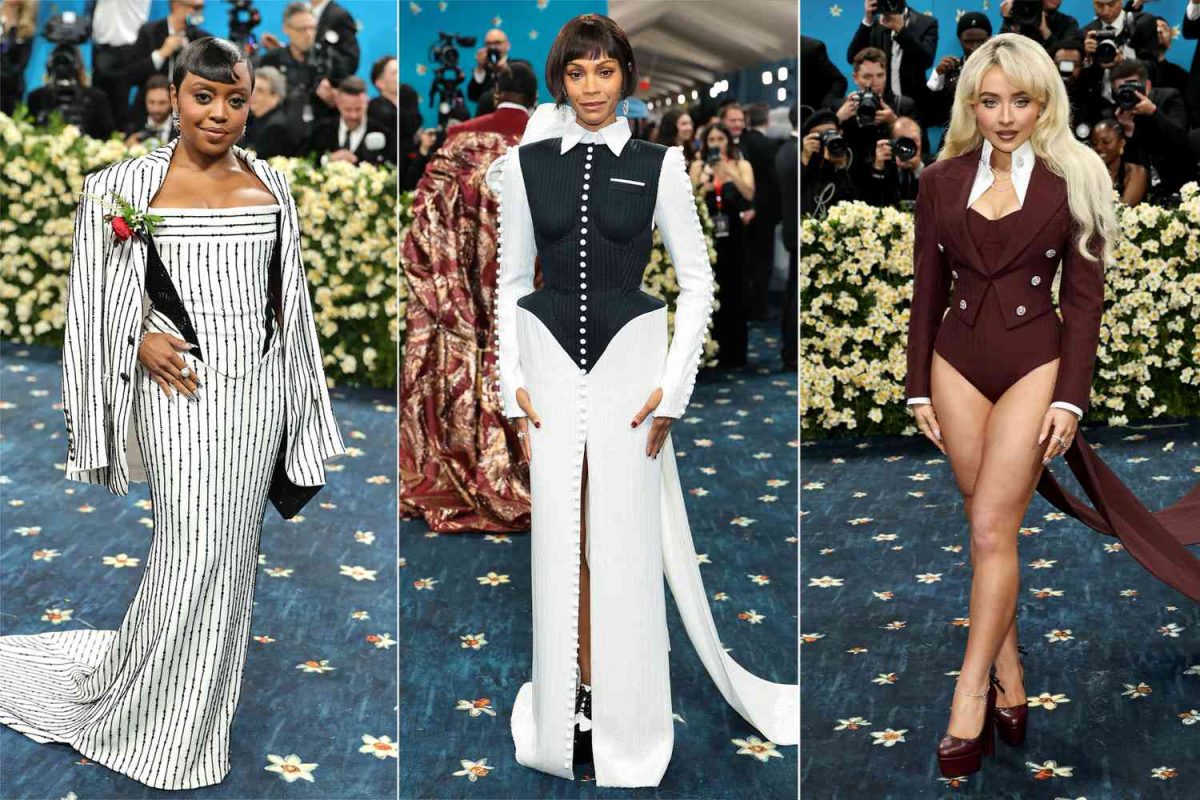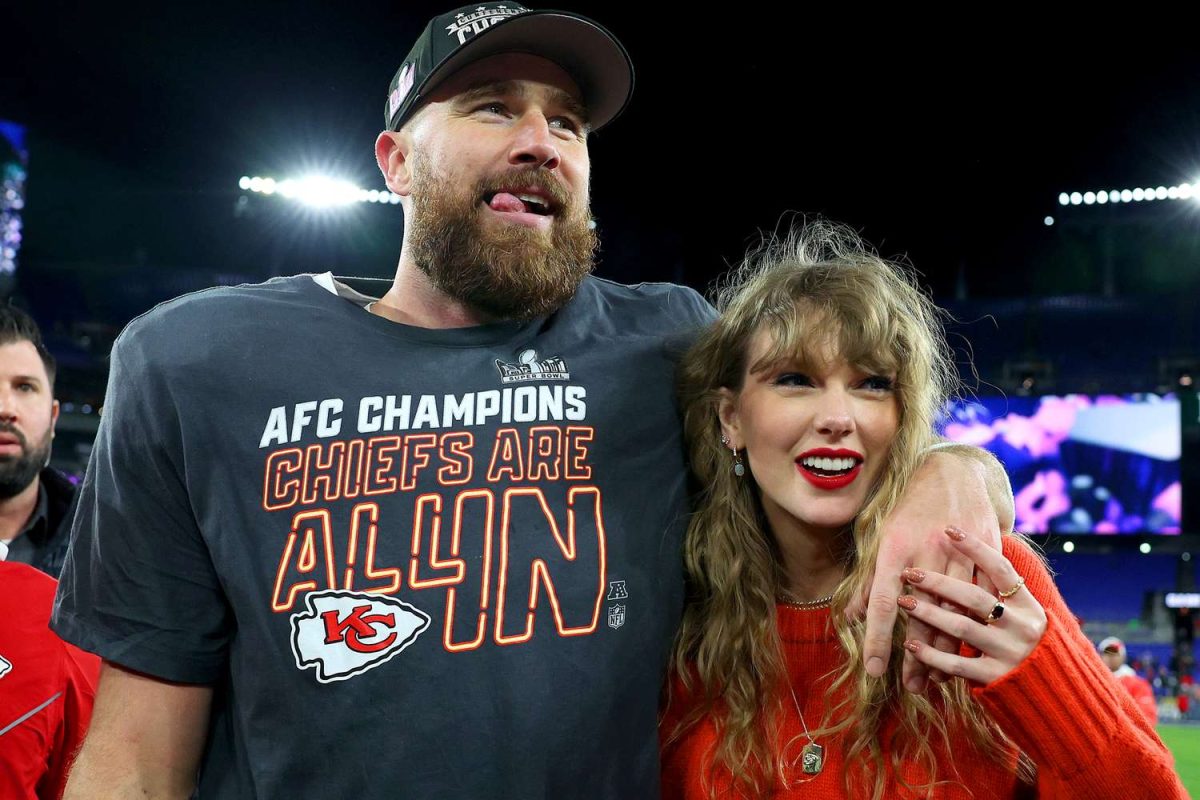Audiences are raving about the film adaptation of Wicked, the classic tale of conformity versus identity which is increasingly relevant in today’s society. Each character obsesses over how they are perceived. The musical thus represents an innate struggle between personal authenticity and longing for approval. With the rise of social media, almost every aspect of a person is digitized, nothing safe from the scrutiny behind countless screens. Wicked parallels varying hot-topic phenomena of the Instagram age, providing audiences with the courage to recognize and confront such challenges once the credits roll.
The film focuses on the turbulent friendship between Elphaba, a sorceress-in-training ostracized for her green skin, and Glinda, the stereotypical beloved mean girl. Polar opposites, the two become rivals upon enrolling at Shiz University, where their differences and an unconventional rooming situation result in mutual loathing. Elphaba rebukes Glinda for her superficiality and ambition, while the latter, embittered by jealousy and revulsion towards difference, bullies Elphaba mercilessly. However, after Glinda accidentally secures a date for the green sorceress’ wheelchair-bound sister, a chain of regret-filled events results in their friendship. Their bond strengthens over the semester, resulting in Elphaba inviting her counterpart upon receiving a summons from the Wizard of Oz. When the wizard admits his magic is fraudulent, and announces plans to use the green sorceress to scapegoat Oz’s animal-citizens to maintain his authority, Elphaba rebels. She and Glinda argue over her decision, the former accusing her friend of unchecked ambition, before reconciling. Parting amicably, Elphaba flies off after being declared a public enemy by the Wizard, while the pink “good witch” remains at his side.
Glinda embodies one of the most prevalent issues plaguing social media: performative kindness and action. Upon meeting Elphaba, she labels the girl’s green skin as “a problem”, which she then offers to “fix” with her intended major of sorcery. Bystanders applaud, lauding their popular classmate as “so good” and declaring their love for her. Glinda basks in the praise. She angers, however, once Elphaba confronts the hollow nature of her “kindness”, rebuking: “offering to help someone that you don’t know with skills that you don’t have. I’m sure that everyone is duly impressed”. This statement encapsulates the audience’s thoughts: Glinda is not truly kind, as her actions are self-serving, meant to bolster her own image. The corruption of charity for personal ambition through public display, sadly, is familiar to contemporary viewers. From smaller creators, known as “kindness influencers”, giving homeless individuals cash on camera, to big-name stars like Mr. Beast inviting the disadvantaged to compete in his YouTube charity challenges, the internet has made it a trend to broadcast acts of service. Critics condemn such content as both performative and exploitative. Wicked thus touches the hearts of modern audiences through social parallel, depicting the perverse effect of extensive public visibility upon virtue; the magnifying effect of social media results in performative acts and profiting off of suffering. Elphaba voices filmgoers’ concern for the extreme transparency of digitized society, dissent inspiring courage for real-world action.
Additionally, the musical’s heroine contends with a framing attempt after refusing to aid the Wizard of Oz in his pursuit of power; the subsequent fallout mirrors internet cancel culture, the film adaptation reminding audiences of the dangers of mass opposition when lacking complete details. After Elphaba steals a magical book to prevent the Wizard from subjugating the talking animals of Oz, his henchwoman issues an order for her capture. Citing the sorceress’ theft, she declares Elphaba a wicked witch, whose “green skin is but an outward manifestation of her twisted nature”. The public, spurred by a single claim, vowed to kill the innocent woman. Mass condemnation of an individual following an unverified testimonial is all too common in the contemporary world. Excessive visibility online results in impulsive mob judgment and a “cancellation” sentencing. Wicked mirrors social media’s preparation of snap judgments, and Elphaba’s suffering touches audiences as such witch-hunting is apparent in the real world.
Ultimately, Wicked revitalizes an old classic through a focus on hypervisibility dangers, reclaiming the musical and its message for a modern audience. From Glinda and performative charity to Elphaba and cancel culture, each character equips viewers with the self-reflection necessary to confront the challenges of today’s age. Young filmgoers, after reflecting upon the consequences of extreme amplification on-screen, are challenged to confront real-world issues once the screen goes black. The musical’s unresolved conclusion rallies change and viewers are responsible for creating a happy conclusion through personal action. Hopefully, such efforts succeed in time for the musical’s sequel.








